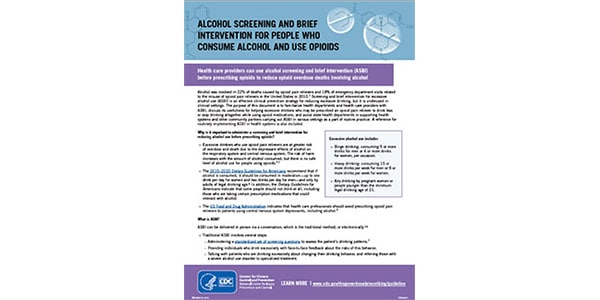Not known Details About Alcohol Intervention
Table of Contents7 Easy Facts About Alcohol Intervention ExplainedAlcohol Intervention Fundamentals ExplainedThe 2-Minute Rule for Alcohol InterventionThe Single Strategy To Use For Alcohol InterventionAlcohol Intervention Can Be Fun For Everyone
Interventions can be performed without professional aid, however this is not suggested. An general overview that the majority of models of interventions follow is laid out below. People who are concerned about the person's alcoholic abuse will organize one or more planning sessions. These preparing sessions are often used to choose who will belong to the intervention group, an approximate time and place where the real intervention will be carried out, and the basic expectations of the people who will perform the intervention.
Often, individuals are advised to make a note of what they will state and keep it short. During the planning stages, the group selects what kinds of consequences it will put on the person with the alcohol use disorder if they refuse to get in treatment. Throughout the preparation phases, the group ought to also research and pick a number of different treatment options that the person with the alcohol usage disorder can immediately go into.
Alcohol Intervention Can Be Fun For Anyone
The group then sets the final date, time, and location of the intervention and phases it. When the person with the alcohol use condition is not aware that the intervention is going to be carried out, it is typically sprung on that person as a sort of surprise action, whereas when the individual belongs to the planning group, they are conscious of when the intervention will occur. alcohol intervention.
There are a number of designs of substance use disorder interventions. The Johnson Design of intervention is often referred to as the very first arranged design of a substance use condition intervention. The model strongly follows the blueprint detailed above, does not include the topic in the planning phases, and is fairly confrontational.
In addition, a lot of these kinds of techniques are the ones portrayed in the media. These techniques are infamously inefficient and often attempt to force the specific into treatment. The Difficult Love design or Love First model of intervention is a method that attempts to tone down the confrontational aspect of the intervention by very first having members of the group reveal their issue and love for the person.
Alcohol Intervention - Questions
The Systematic Household Approach is an intervention design that consists mainly of relative who form the intervention group. The ARISE Model (A Relational Intervention Series that site for Engagement) utilizes a different method that has various planning sessions, includes the individual with the alcohol usage disorder in the planning stages (unlike the above models), has numerous levels of the conferences instead of one intervention meeting, and has more research evidence to recommend that it may be efficient compared to the designs listed above.

The intervention group should have already researched, detailed, and gotten in touch with prospective treatment programs and suppliers, and need to be able to get the specific into treatment immediately in order to increase the opportunities of success. In order to increase the likelihood that the intervention will achieve success, it is necessary that the group use the services of an expert interventionist or mental health provider who specializes in the treatment of addicting habits.
4 Easy Facts About Alcohol Intervention Explained
When interviewing point of view interventionists, the team needs to inquire about click now the credentials of the interventionist. Professional interventionists have different certifications depending upon the state they are in. People who have Qualified Intervention Specialist (CIP) credentials have actually been specifically trained and licensed to carry out interventions. The group ought to likewise ask just how much intervention experience the individual has, and the kind of intervention design they use.
The following three organizations are recommended as starting indicate help groups find a licensed intervention specialist: These organizations welcome queries from worried good friends or member of the family of people with alcohol use disorders. One can merely call the organization, contact them by email, contact them by means of their website, or make a consultation to show up in individual.
A drug or alcohol Intervention helps a person see that there is a connection between their use of alcohol and drugs and the issues in their life. alcohol intervention. The objective of the intervention is for the person, to see that they require aid. click site This is not just a quick "chat", this process, is a serious, well-thought-out conversation with someone expressing issue over his/her drug or alcohol use.
The 25-Second Trick For Alcohol Intervention
If absolute essential, an interventions can be an one-on-one discussion, but it's more reliable if all the people included in the disease are present. It is best if, all the enjoyed ones, join the procedure and provide a pre-rehearsed discussion about alcohol and drug addiction. The conversation provides aid with a specific goal in mind: Persuading the person to accept dependency treatment.
Many alcohol and drug treatment centers have therapists who are trained to assist households prepare for the confrontation, which constantly takes location in a "controlled" environment, particularly selected to put the alcoholic in a position in which he is probably to listen. Often, the intervention comes as a total surprise to the alcoholic, but just recently new methods have been developed in which the members of the intervention group tell the alcoholic that they are talking with a therapist about his drinking issue a number of days prior to the real intervention. alcohol intervention.